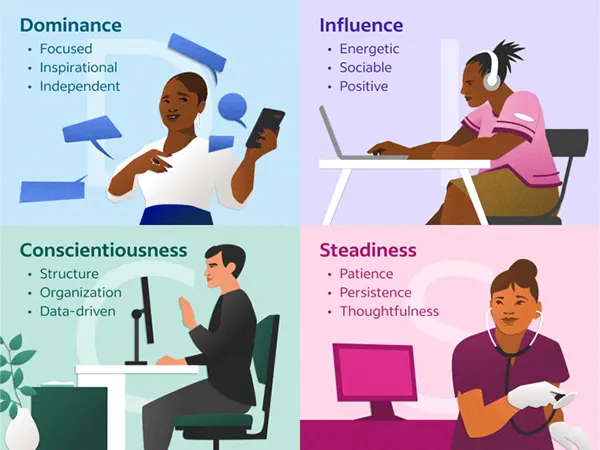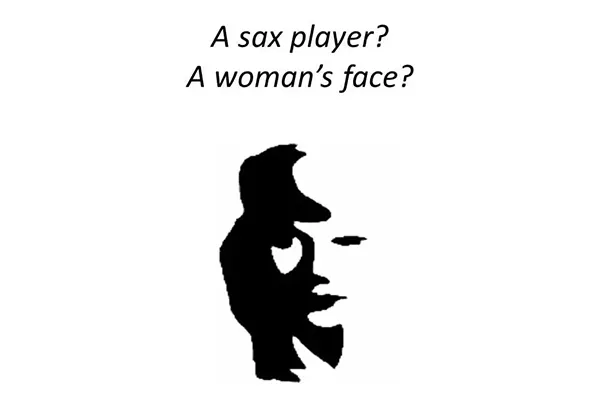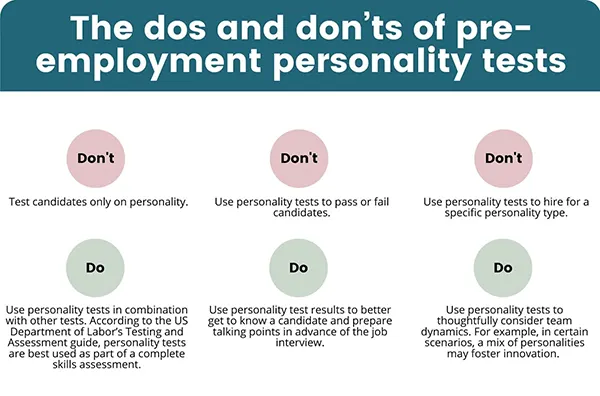
Seriously, how many times have you been asked these questions, “Are you introvert or extrovert? Compassionate or analytical? INFJ or ENTP?”
It must be a lot, right?
But, why do these so-called carer coaches do this kind of personality evaluation? Does it really shape your career path or future job prospects? Well, Aristotle did say that…
“Knowing yourself is the beginning of all wisdom”
But, how true it is? Let’s find it out together in this read.
This comprehensive guide will explore how personality tests can help you identify the areas of personal development and push you toward making better career choices.
But First, What Exactly is a Personality test?
A personality test is a psychological evaluation of an individual’s behavior and social characteristics. These assessments usually measure the traits, and tendencies of an individual, which later helps them identify what career could be an ideal fit for them.
Although, there are multiple types of personality evaluation, the most popular ones include a self-report questionnaire, projective tests, and situation judgment tests.

- Self-report questionnaire: This refers to answering the questions about yourself to understand the true nature. It includes answering questions like “Do I feel like no one understands me?” or “Would I enjoy the work of a teacher more?”
- Projective tests: Projective test refers to interpreting the patterns and designs to help you understand your natural tendencies. Below is a perfect example of a projective personality test

- Situational judgment test: These assessments contain some made-up scenarios to examine how likely you’re going to react in these scenarios, especially the ones you might face at your work.
Here’s an example of a situational judgment test:
Q. “Suppose you are a customer care executive and a customer is describing to you their problem, which action should be avoided?”
- Spending too much time listening to their problem.
- Asking the customer to calm down so that you can help them.
- Suggesting them to speak to the manager.
- Promising to follow up on issue resolution.
Finally, these tests are designed to capture your natural response to different scenarios and stimuli. And based on your answers, it then generates a score for your profile, that reflects your personality type, attitude, and motivation.
Do You Know?
According to Paul T. Costa Jr. who is an American psychologist — Your personality stays stable throughout life, What changes is your social roles and the things that matter to you the most.
So, How Can You Use Personality Assessments in Your Career Search?
Well, a personality evaluation is probably the best way to understand yourself and what you live for. It can also help you determine the right career path for you. So here are 5 ways you can effectively use these assessments as you search for a perfect career.
1. Provide an honest assessment
While taking a personality test, make sure you answer every question honestly with an accurate representation of yourself.
Although, there might be some instances when the response will be influenced by how you want employers to perceive it. But it would never be a perfect job for you if you did not represent your true self.
2. Determining your interests and values
Personality assessments go to some great lengths in identifying your interests and values. For instance, it can help you identify whether you have a good communication skill or not, that can later be a great insight in assessing the job opportunity.
3. Understand your strengths and weaknesses
One of the most common questions an employer asks before hiring a candidate is “What are your strengths and weaknesses”. This helps them understand whether you are a true fit for the job or not.
This is where a personality test can help you understand just that, making you confident about your application and interview process.
4. Identify your preferred work style
Personality tests assess working style by pinpointing different roles and environments. For instance, It may help you discover whether you’re an emotional or rational decision-maker. This makes it easy for the candidate to find a perfect role that resonates with their style.
5. Discuss your result
Discussing your results with a career development professional can reveal more in-depth insights about yourself. Other than that, these professionals have a lot of industry experience and can help you narrow down your job opportunities.
And, What are Some Limitations of a Personality Test?
Personality tests are often a great help for employers to examine the true nature of the candidate or whether they can be a perfect fit for a job or not. However, some drawbacks of this process cannot be overstated, such as
- This may eliminate a qualified candidate: Most of the job forms do not fit the traditional personality type. Thus, relying on it may eliminate a talented candidate.
- Causing flawed results: If there is a personality evaluation, candidates are more likely to respond to what the employer wants them to be, creating a flawed result.
- Lack of diversity in the workplace: Diversity in a workplace is a crucial component for a constant flow of different ideas. Hiring candidates with the same mentality can result in a lack of diversity in the workplace.

Bottom Line
Finally, a personality test is one of the most effective ways for an individual to understand what line of work would be the best fit for them. It can help an individual understand the type of skill they can excel in or enjoy doing.
However, a personality test should never be the sole criterion for acceptance of a candidate as it can create some flawed results due to cultural and many other factors.